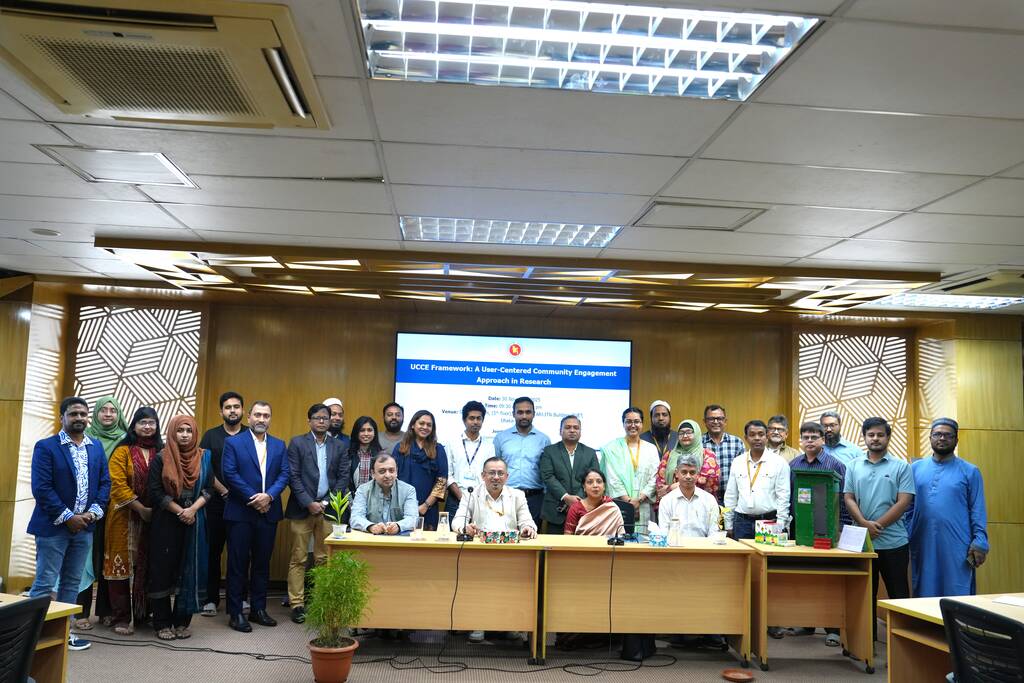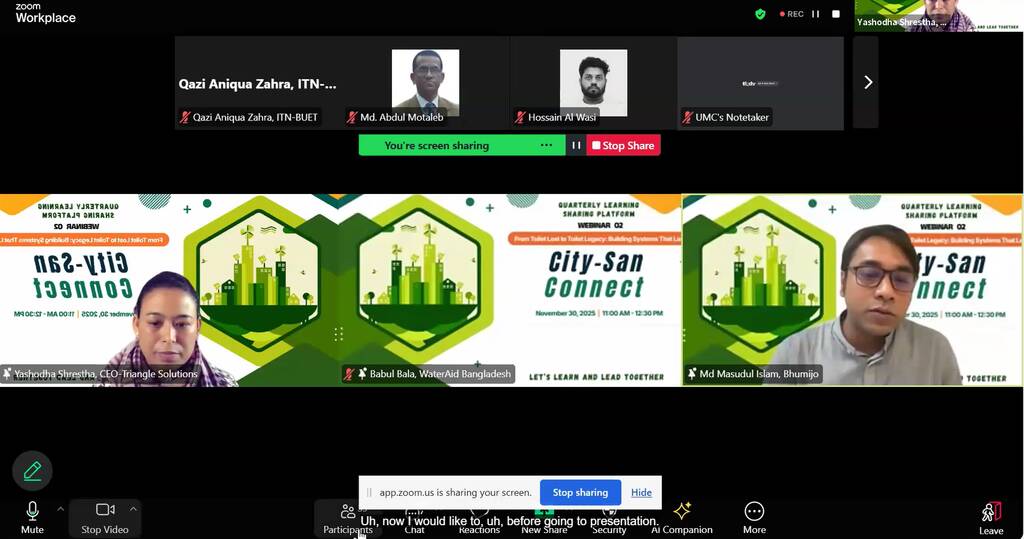The global water and sanitation event, held at the Asian Development Bank (ADB) headquarters in Manila, Philippines, from February 10 to 12, 2025, brought together leading organizations and experts to collaborate on effective water and sanitation solutions. Jointly organized by ADB, the Global Water and Sanitation Center (GWSC), and Dasra, with strategic support from the Gates Foundation, the event served as a platform for fostering partnerships and knowledge sharing in the sector.
The program commenced with the ADB Learning Session on Fostering Collaborative Pathways in Asia, where representatives from the Gates Foundation, GWSC, and partner organizations discussed strategic approaches to improving water and sanitation efforts across the region. The partnership strengthening discussions included technical assistance for CWIS Digital Public Infrastructure including IMIS, and capacity-building strategies for executing and implementing agencies. ITN-BUET played an important role in these conversations, particularly in leading the session on capacity building. Prof. Dr. Rowshan Mamtaz, Director, ITN-BUET, guided discussions on enhancing institutional capabilities, implementing skill development strategies, and integrating effective training methodologies into water and sanitation projects. Prof. Dr. Tanvir Ahmed, former Director of ITN-BUET, also took part in the discussion.
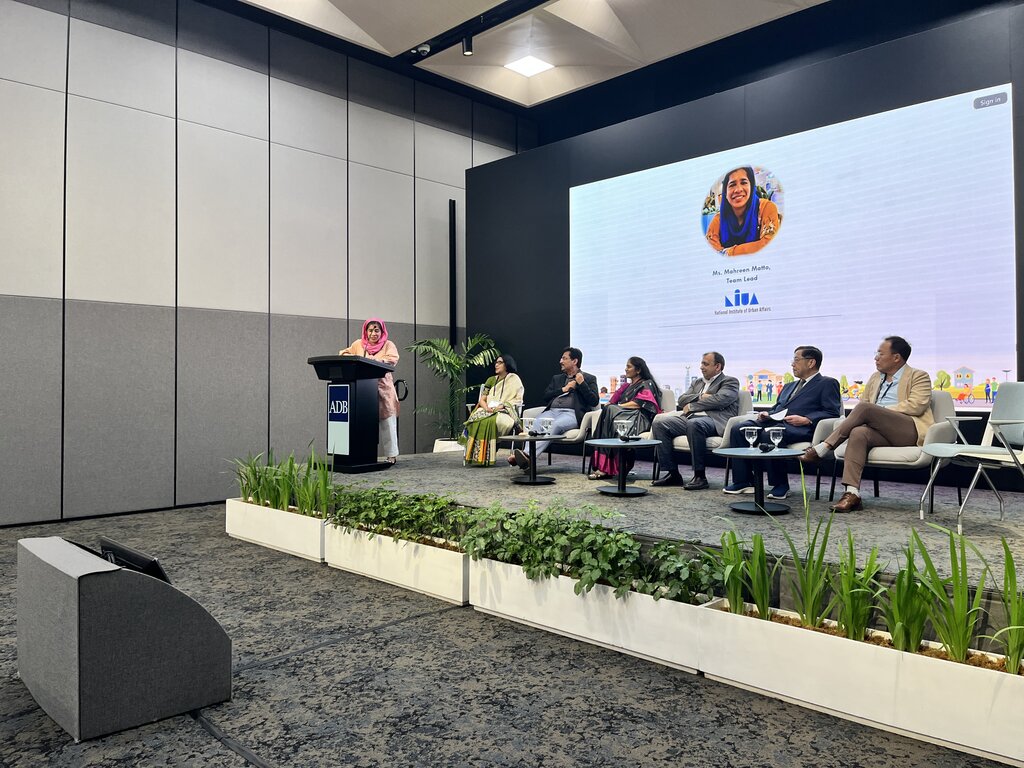
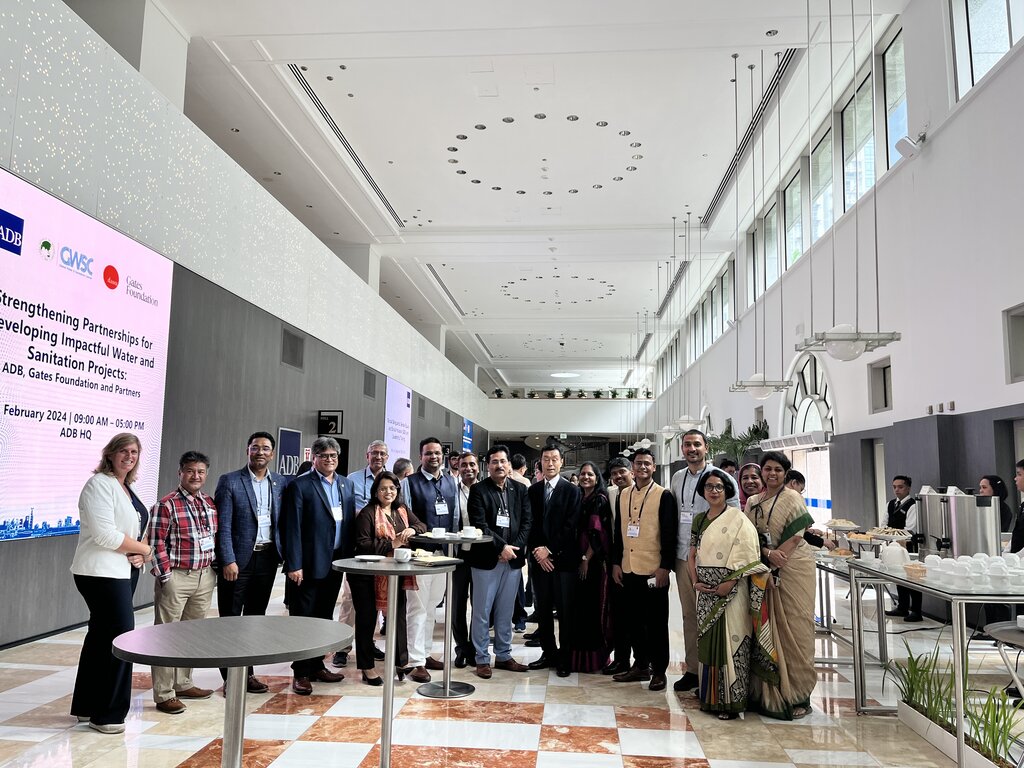
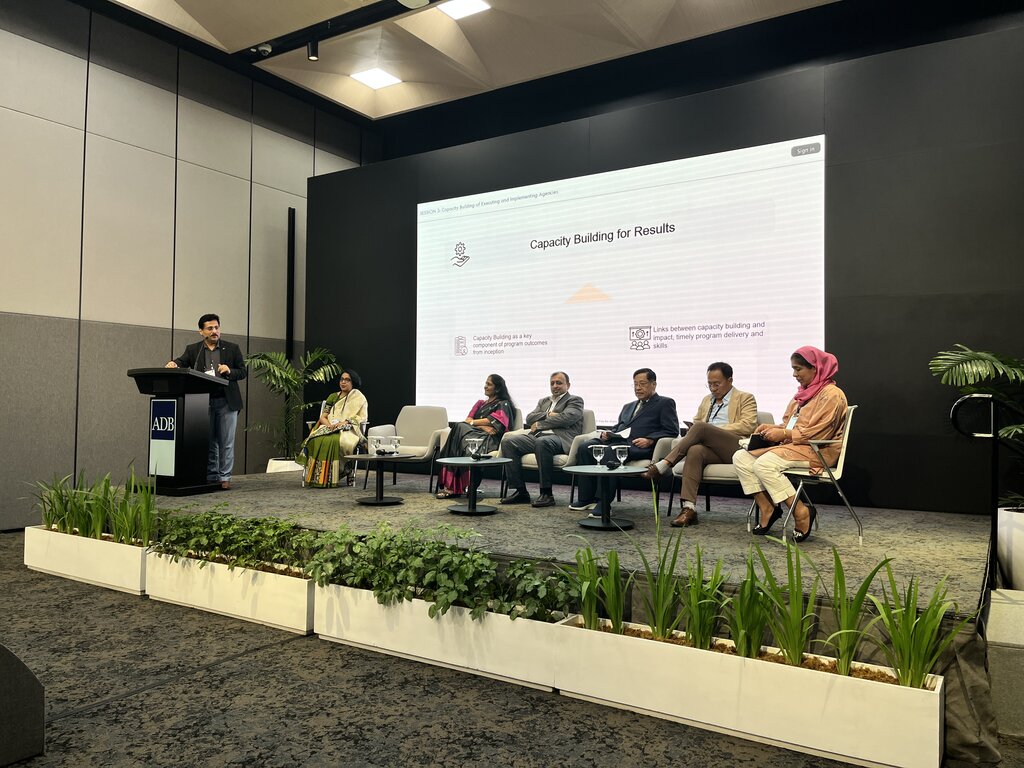
ITN-BUET also contributed to discussions on the adoption of best practices and knowledge management, encouraging organizations to incorporate evidence-based decision-making into their water and sanitation initiatives in collaboration with Dasra. The importance of engaging with civil society organizations (CSOs) was also highlighted during this session, emphasizing the need for inclusive and community-driven approaches. Further, ITN-BUET participated in a series of meetings at the ADB Office in Manila, engaging in panel discussions, networking sessions, and strategic meetings aimed at refining and innovating solutions in the water and sanitation sector. These sessions provided a valuable platform to exchange insights, address challenges, and explore opportunities for collaboration. With a total of 35 participants from key water and sanitation institutions, the discussions drove meaningful collaborations and policy advancements in the sector.



